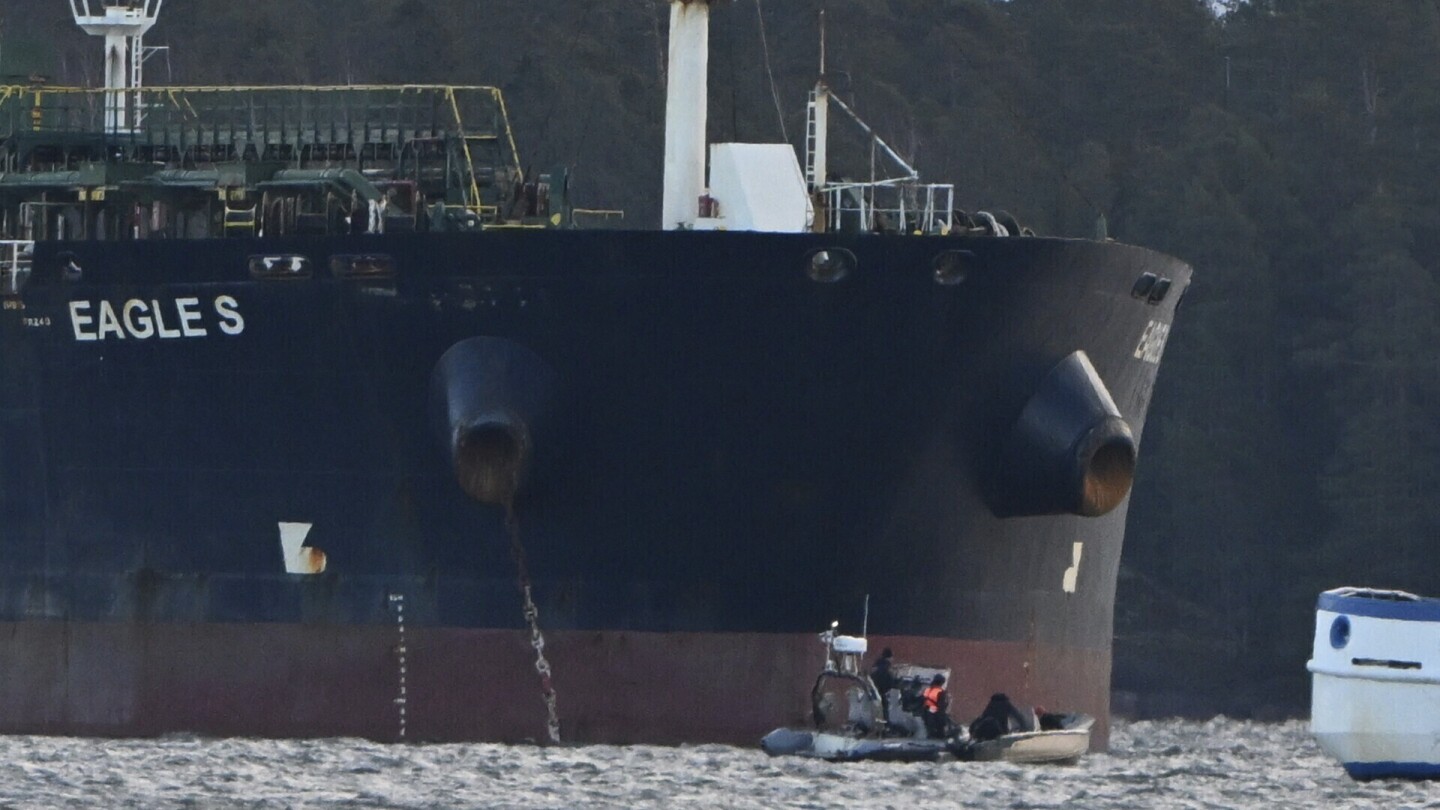- Courses
- ABOUT US
- OUR TOPPERS
- TEST SERIES
- FREE STUDY MATERIAL
- VIDEOS
- CONTACT US
Shadow Fleet: The Hidden Network Behind Sanctioned Oil Trade
Shadow Fleet: The Hidden Network Behind Sanctioned Oil Trade

- The United States has recently imposed sanctions on several UAE-based firms with Indian links, accusing them of being part of a covert network that helps Iran export oil despite international sanctions.
- At the heart of this controversy lies the “shadow fleet”—a secretive group of ships operating under the radar of global maritime monitoring systems.
What is a Shadow Fleet?
- A shadow fleet refers to a collection of vessels used to illegally transport oil—often on behalf of countries facing international sanctions.
- These ships operate in the gray zones of maritime law, using deceptive methods to disguise the origin, ownership, and destination of their cargo. Their main goal: evade international scrutiny and continue illicit trade without detection.
How Does the Shadow Fleet Operate?
The operations of these ships rely on a mix of advanced tactics, legal loopholes, and digital deception. Here's how they manage to stay under the radar:
1. Anonymous Ownership
- These vessels are often registered under shell companies in countries known for lax maritime regulations, such as Liberia, Panama, or the Marshall Islands.
- This makes it nearly impossible to trace the real owners or hold them accountable for illegal activity.
2. AIS Spoofing and Signal Blackouts
- Ships are equipped with Automatic Identification Systems (AIS), a technology used for real-time tracking and safety.
- Shadow fleet vessels frequently disable or manipulate these systems, effectively "vanishing" from global monitoring networks.
- Some even spoof locations, falsely appearing in one region while operating in another.
3. Ship-to-Ship Transfers (STS)
- A common method used is mid-sea cargo transfers, where oil is moved from a sanctioned vessel to a seemingly unrelated or "clean" ship.
- This process takes place far from coastlines, often in international waters, making it harder to observe or intervene.
4. Forged Documentation: To maintain the illusion of legitimacy, these ships often carry falsified documents—including:
-
- Fake flags of convenience
- Forged cargo manifests
- Counterfeit insurance papers
This manipulation allows them to pass inspections, enter ports, and sell sanctioned oil on global markets without raising suspicion.
Why It Matters?
The use of shadow fleets undermines the effectiveness of international sanctions and creates a parallel global oil market that is unregulated and opaque. It also raises serious concerns about:
- Maritime safety, due to untracked vessels operating without oversight.
- Environmental risks, especially from unregulated ship-to-ship transfers and poorly maintained vessels.
- Global security, as the profits from such trades can fund destabilizing activities.
|
Also Read |
|
| FREE NIOS Books | |
India Tests Directed Energy Weapon (DEW) System Capable of Disabling Drones, Missiles, and Aircraft
Concerns Over the Digital Personal Data Protection (DPDP) Act, 2023: Impact on the RTI Framework
New Self-Regulatory Body Introduces Standards for Influencer Marketing in India

